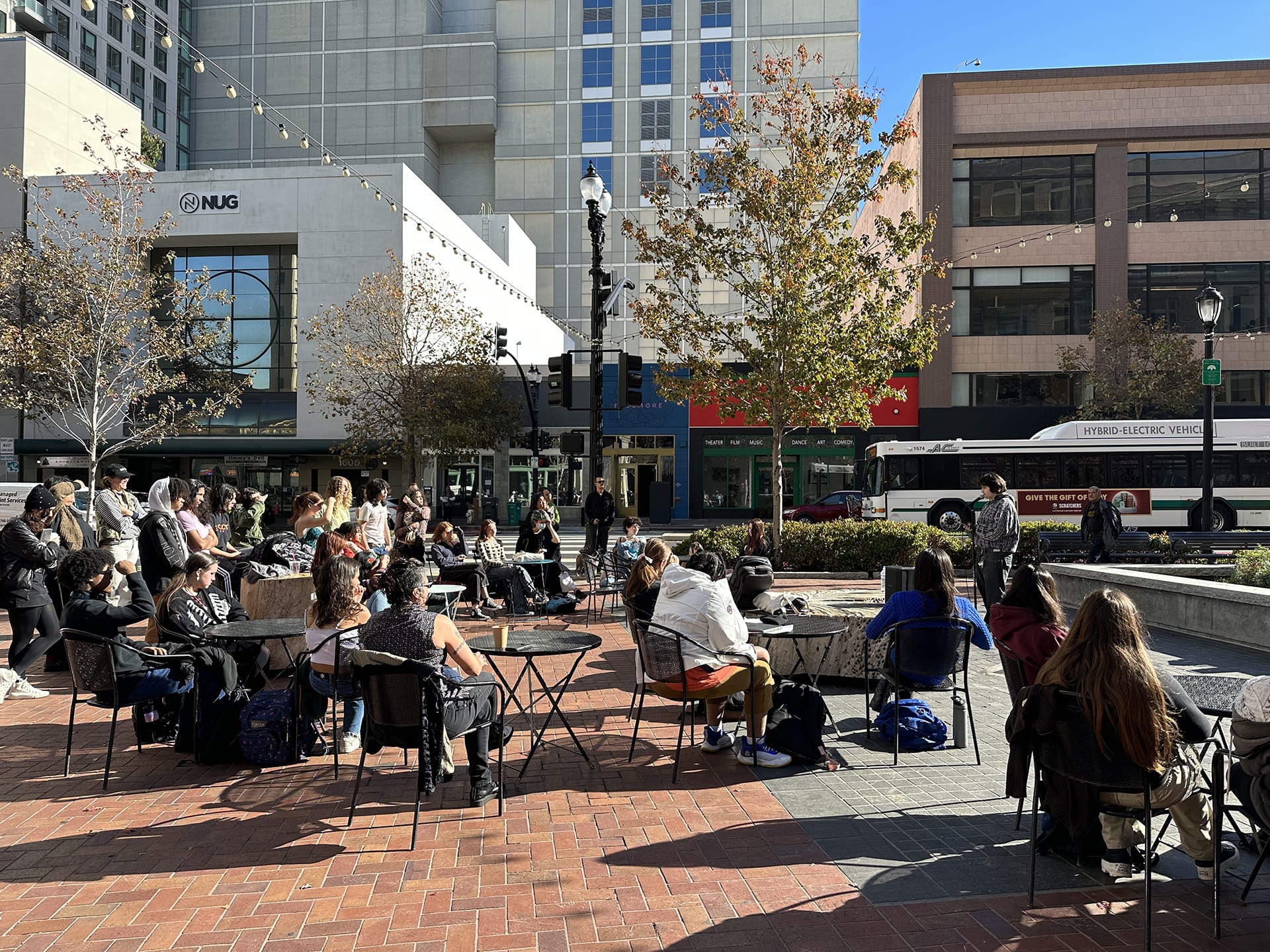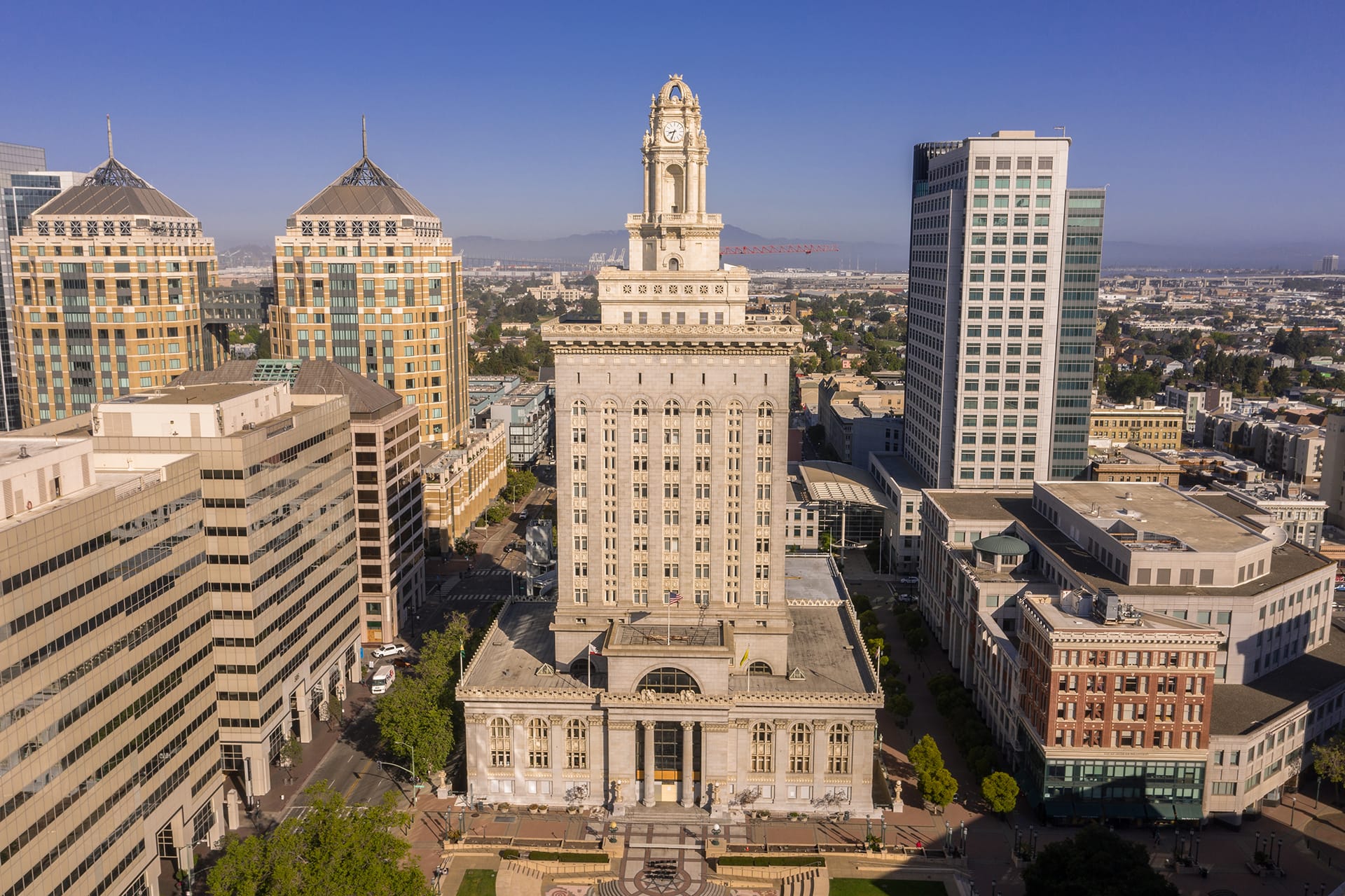
A transparent and responsive government
Right now, our city faces many challenges. Oaklanders want to know how the city is addressing critical issues – and who to hold accountable for progress – but they don’t have the information they want, need, and deserve. Countless residents have told me that they’re frustrated because they don’t know who in our government to turn to in order to get their problems solved. Our government is confusing. Our processes are slow and opaque. Our leadership structure is too complex. Public information about both is lacking and incomplete.
We need a transparent, responsive, and proactive government to rise to our city’s challenges and create a stronger, more equitable Oakland for all.
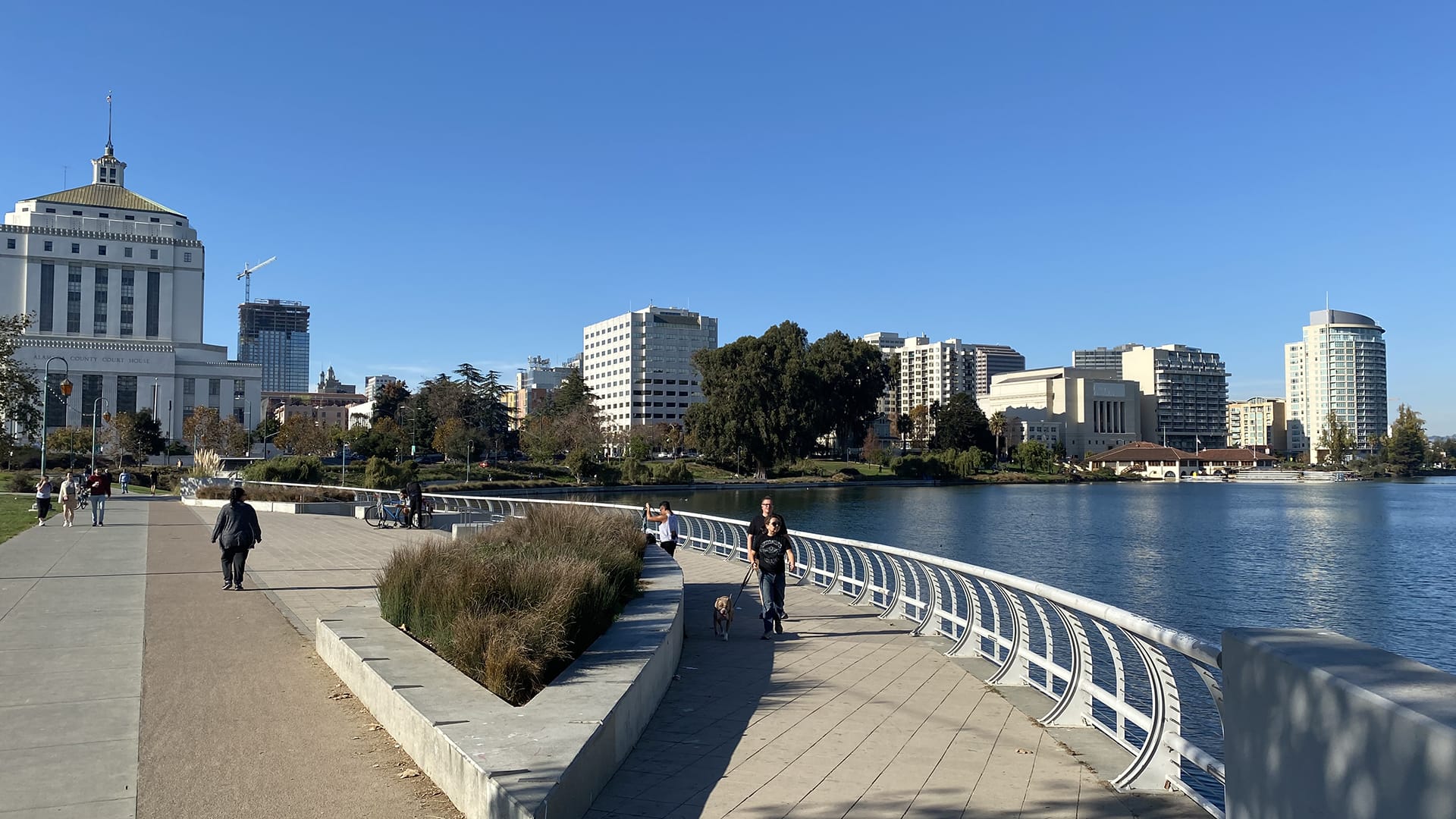
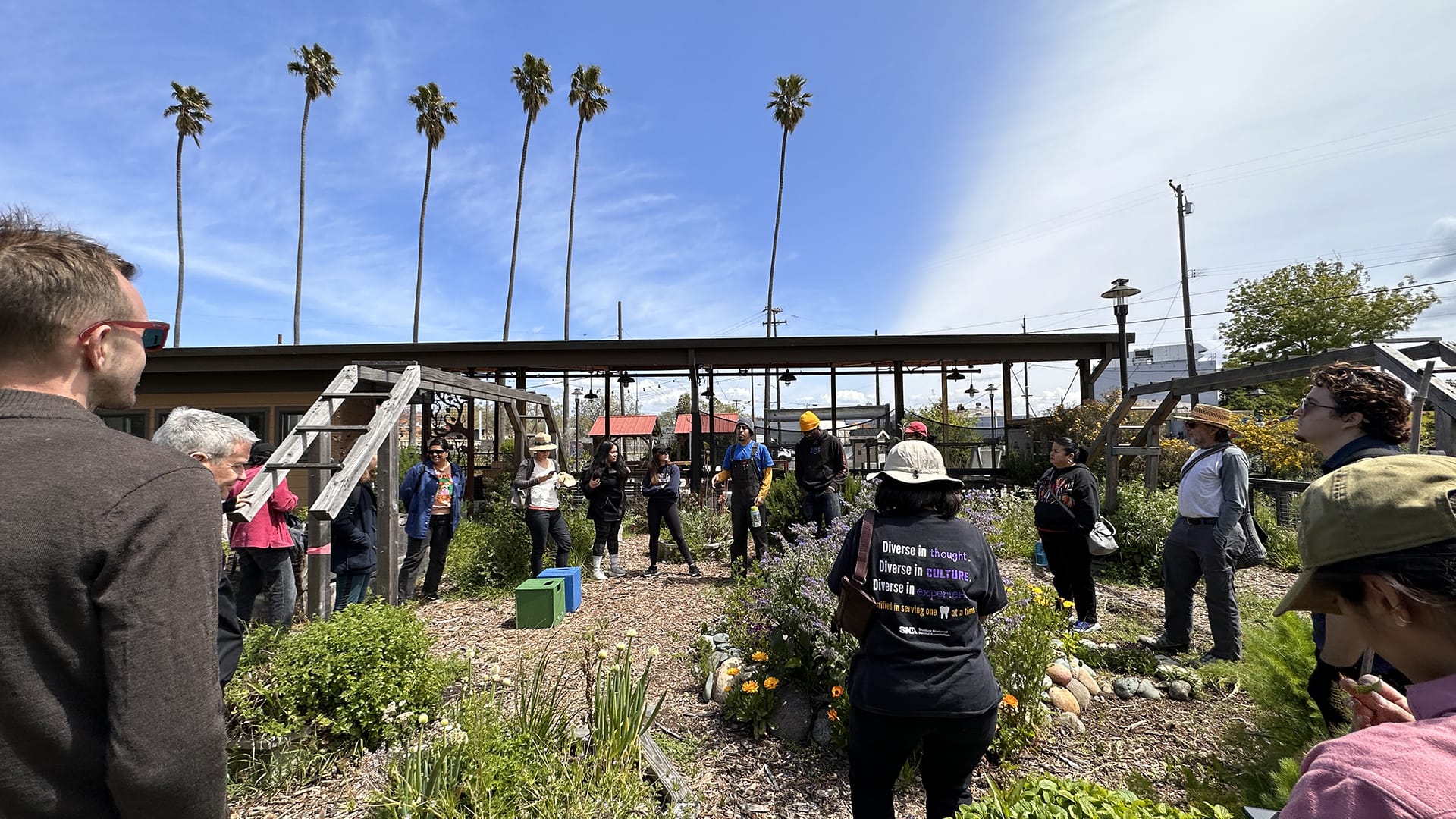
How we’ll get it done:
- Build trust and transparency within local government by improving access to department contact lists with clear documentation of work plans
- Eliminate silos between departments by creating working groups across departments organized around specific issues, guided by annual work plans
- Reduce bureaucracy to overcome our staffing shortages and ensure that staff time is spent efficiently and effectively
- Focus on outcomes and solutions, not politics
- Encourage staff to share with the Council where there are inefficiencies and work collaboratively on solutions
- Improve service delivery, equity, and responsiveness across Oakland neighborhoods by prioritizing upgrades to essential resources like parks, roads, and libraries
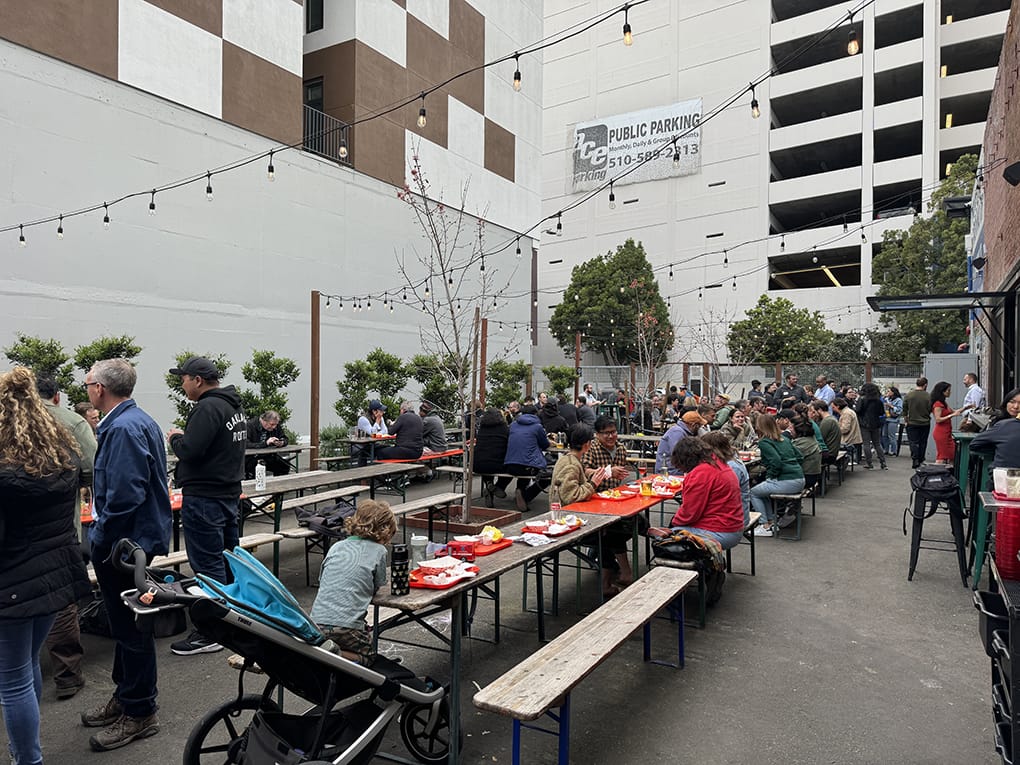
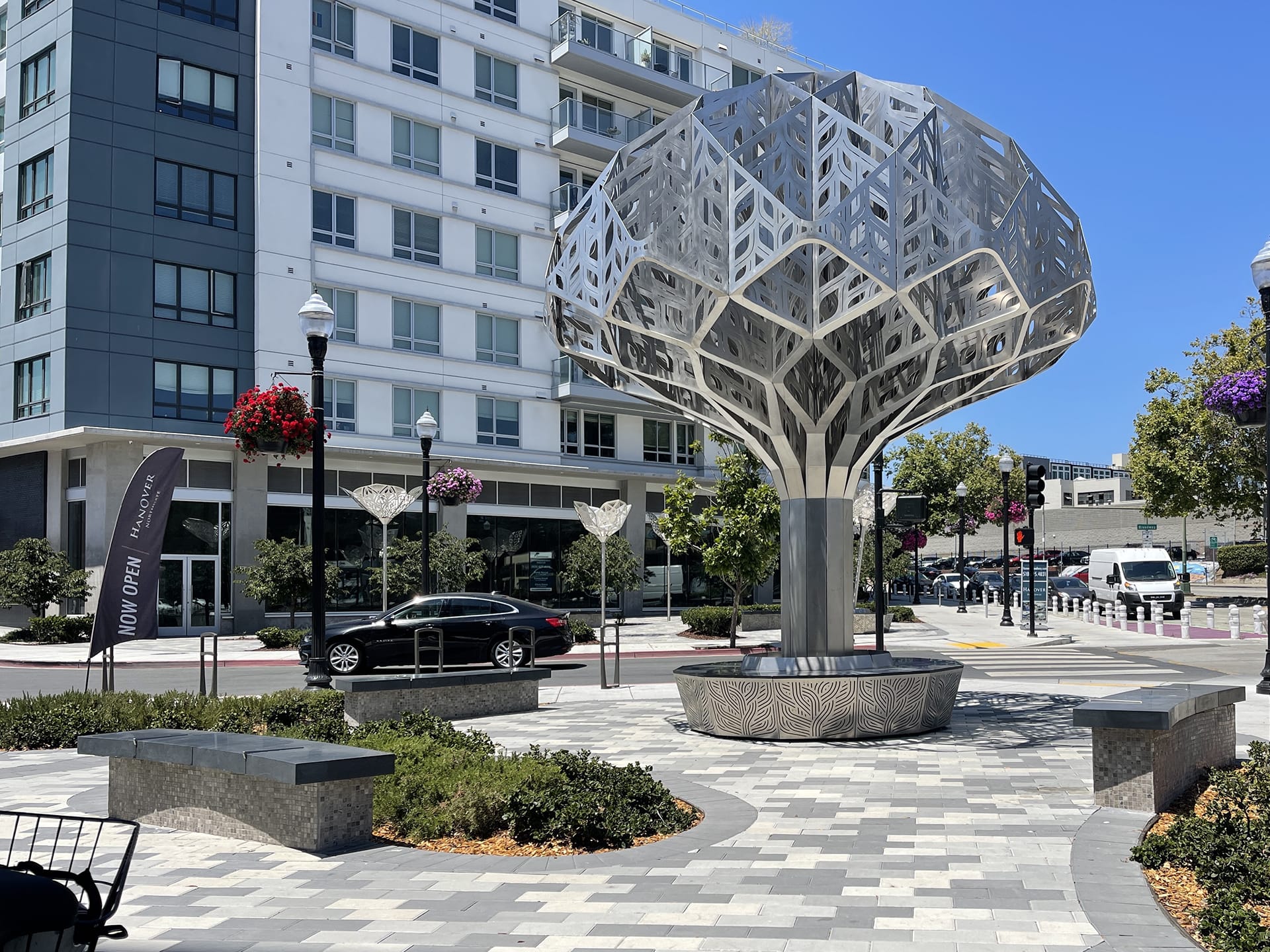
So, what does that look like?
A transparent and responsive government is one focused on critical issues that residents prioritize, like public safety, economic development, and neighborhood beautification. People think in terms of issues, not departments. Across the Council, the Mayor’s Office, and City departments, we need to establish working groups for each of the city’s priorities and issues. In practice, these priority-based working groups would have concrete goals, a transparent work plan, and demonstrate measurable results to the public on a regular basis.
An effective government is focused and adequately resourced. Every department needs enough staff members to meet the community’s needs. Before the city council adopted this year’s budget, our departments were operating with about a 30% vacancy rate. That means one in three staff positions were unfilled. We must increase our city revenues and improve hiring practices to effectively meet our city’s needs.
As someone who has worked within the city of Oakland, I know first hand what we need to do to make our government work for all of us—and I know how to do it. During COVID-19, I served as section chief of Oakland’s Community Resilience Program and led a cross-agency team with a tight budget, limited staff resources, and an incredibly accelerated timeline. There was no room for delay. We developed and quickly implemented a range of responsive programs, from community testing sites to outdoor merchant spaces to Slow Streets. Within City Hall, I got hard things done. What’s more, I spent a lot of time thinking about how we can do things better. I know that if our government is united around a cause, we can get things done—and quickly. By clearly identifying our primary challenges, setting bold timelines, and holding ourselves accountable and responsive to progress and to the community we serve, together we can create a government that works for all Oaklanders.
